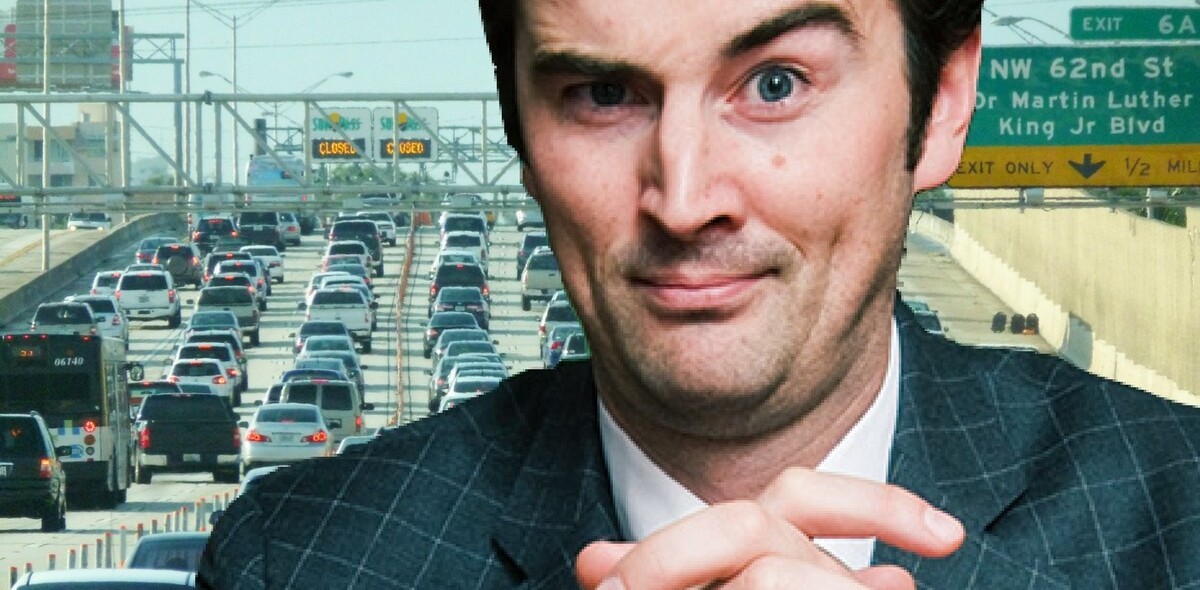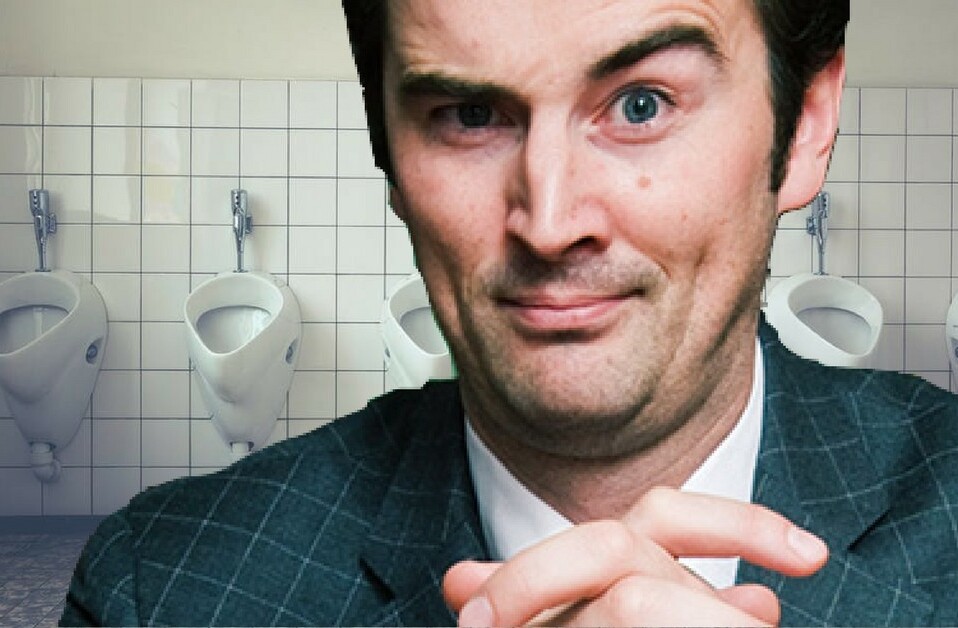
By now I’m sure you’ve heard about UberGate (if not, make sure you read Paul Sawers’ recap). Here’s the crux of the matter, in Paul’s words:
The latest debacle from the Uber circus emanates from Emil Michael, a senior executive Uber brought on board from Klout last year. During a dinner last week that included a journalist guest from BuzzFeed, Michael made some startling comments.
The general gist of the chat was that he wanted to hire “opposition researchers” to help fight negative media. Essentially, they’d look at critical journalists’ personal lives and families, and “give the media a taste of its own medicine,” according to BuzzFeed’s report.
One journalist in particular was singled out – Pando’s Sarah Lacy recently wrote a column about the ‘asshole culture’ at Uber, adding she had deleted the app from her phone. While the dinner-table conversation was apparently intended as a private, informal ‘off-the-record’ discussion, according to Uber, the comments are now about as public as they could be.
Juicy huh? Obviously the whole world is falling over itself to condemn Uber, demand that Emil Michael be fired, many people are removing the Uber app from their phones and #Ubergate is a trending topic on Twitter.
I’ve been thinking about it for a day now and I’m actually starting to hope Emil gets a chance to implement his ideas. He obviously made an insanely bad judgement call when he figured ‘Hey, I’m at a party, let’s float this idea of mine, that I didn’t think through too well, to throw back some mud at public figures who don’t like my company. This random chap looks trustworthy and we’ve both had some wine so I’m sure everything is off the record.’
But let’s drill through the grandstanding, bad choice of words and hyperbole and look at what he really meant. Or what I hope he meant. Or what he should really should have meant.
What Emil might be trying to imply is that journalists aren’t the only people in the world who are allowed to search for the truth. If a journalist is allowed to investigate a company for wrongdoings, then why isn’t that same company entitled to find out what the motivations of the journalist are?
And if that journalist tries to crucify that company by writing increasingly critical articles, wouldn’t it be fair if the company was allowed to fire back with its own investigative reporting that exposes undisclosed biases in that journalist’s work?
We journalists are in the ‘truth-finding’ business, so doesn’t that mean we should want to encourage Uber to do the same?
Obviously Uber, or rather Emil Michael, really took it too far by suggesting it might be an interesting idea to pay investigators to delve into our personal lives and the lives of our families and use anything they would find to use on smear campaigns. That part obviously sucks.
Still, we can’t claim a monopoly on finding the truth, and I’m sure many companies keep a close eye on the people who report about them, and an even closer eye on the ones that criticize them the most. Or, as Ashton Kutcher says:
What is so wrong about digging up dirt on shady journalist? @pando @TechCrunch @Uber
— ashton kutcher (@aplusk) November 19, 2014
The difference of course, is between smearing a normal journalist – which is what Uber’s Michael seemed to suggest – and finding actual dirt on a shady one. There’s a very important difference. But then again, maybe you need a team of investigators just to find out if you are dealing with one or the other.
Maybe we should discuss this some more, over wine, with some random people, sorta off the record.
Get the TNW newsletter
Get the most important tech news in your inbox each week.




